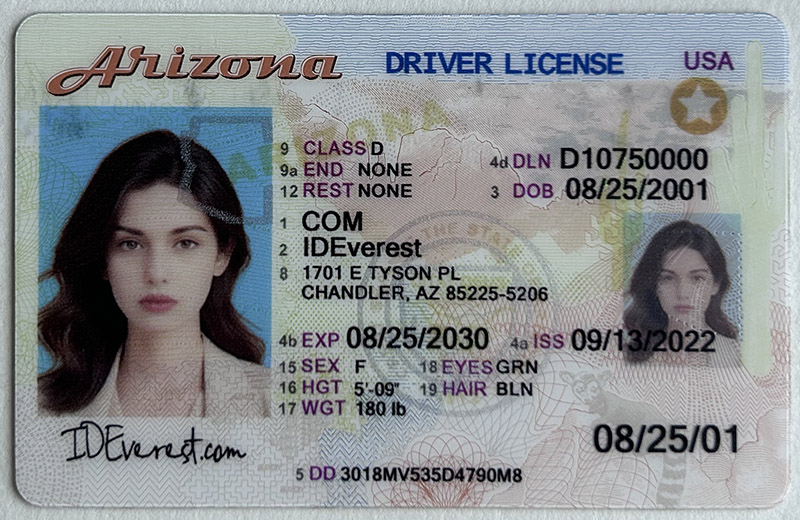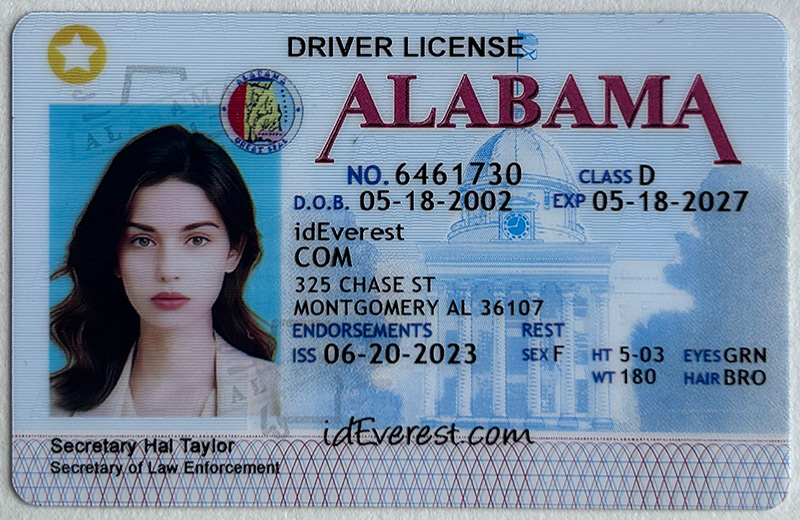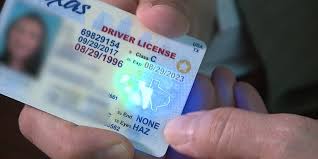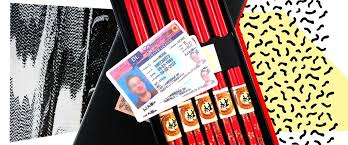The Real vs. Fake Service Dog ID Dilemma: How to Protect Yourself and Your Companion
In recent years, the presence of service dogs has become more common in public spaces, from airports to restaurants. These loyal and highly trained animals assist individuals with disabilities, providing critical support in daily life. However, the increasing visibility of service dogs has also led to a rise in fake service dog ID cards and fraudulent claims, which can undermine the legitimacy of real service dogs and create confusion for businesses and the public.
The importance of a service dog cannot be overstated. For individuals with physical disabilities, psychiatric conditions, or other medical issues, these animals provide a lifeline, ensuring their handlers can navigate the world safely and confidently. Service dogs undergo rigorous training to perform tasks like guiding the visually impaired, alerting those with hearing impairments, detecting seizures, or even providing calming support for those with PTSD.
Given the significant role these dogs play, distinguishing between a real service dog and a fake one is crucial. The challenge lies in the fact that there is no standardized national or international certification for service dogs. In the United States, for example, the Americans with Disabilities Act (ADA) does not require service dogs to carry identification or wear a specific vest. This lack of formal documentation opens the door to exploitation by those who falsely claim their pets are service animals.
Spotting a Fake Service Dog ID: What to Look For
The rise of fake service dog ID cards is not just a minor inconvenience—it’s a serious issue that affects the reputation of legitimate service dog handlers and their animals. Businesses and the public need to be aware of the red flags that can indicate a fake ID:
Overly Flashy or Generic Designs: Real service dog IDs are typically straightforward and professional. Fake IDs often feature flashy, generic designs that include symbols or language that seem overly dramatic or unnecessary, like oversized badges, gold seals, or the word "Registered" in bold, flashy fonts.
Lack of Specific Information: Authentic service dog IDs will generally include specific information about the handler and the dog. This might include the handler’s name, the dog’s name, and the tasks the dog is trained to perform. Fake IDs might omit these details or provide vague information that doesn’t verify the dog’s service animal status.
Suspicious Issuing Organizations: Some fake IDs are issued by non-legitimate organizations that offer instant online registration with little to no verification process. Legitimate service dog IDs, on the other hand, are typically issued by recognized organizations that follow strict guidelines and require proof of the dog’s training and the handler’s need.
Price Too Good to Be True: If the price of an ID seems too low or if it comes with promises of "lifetime registration" for a nominal fee, it’s likely a scam. Real service dog IDs or certifications, when they are issued, often involve a more thorough process and are not simply available for purchase.
These red flags can help businesses and individuals protect themselves from fraudulent claims, ensuring that the rights and privileges granted to legitimate service dogs are upheld.
The Consequences of Using a Fake Service Dog ID
While some may think using a fake service dog ID is a harmless way to bring their pet along, the consequences can be severe. Falsely claiming an animal as a service dog not only undermines the credibility of legitimate service dogs but can also result in legal repercussions. In some regions, there are fines and penalties for misrepresenting a pet as a service animal. Moreover, the presence of untrained animals in spaces reserved for service dogs can lead to disruptions, creating a hostile environment for those who genuinely rely on their service animals.
Furthermore, fake service dog IDs can put actual service dog handlers in difficult situations. Businesses that have been duped by fake IDs may become more skeptical, leading to unnecessary questioning or denial of access to legitimate service dog teams. This erosion of trust harms those who need their service dogs the most.
Understanding the differences between real and fake service dog IDs is crucial, not just for protecting the integrity of service dog teams but also for ensuring that the public and businesses are not misled. While there are many scammers out there looking to make a quick buck by selling fake IDs, there are also reputable organizations that provide legitimate services to service dog handlers.
How to Obtain a Legitimate Service Dog ID
If you or someone you know is in need of a service dog ID, it’s important to go through the proper channels. Here’s how to ensure that the ID you obtain is legitimate:
Work with Reputable Organizations: There are many reputable organizations that train and certify service dogs. These organizations will often provide an ID card as part of their program, which verifies that the dog has been trained according to their standards. Some well-known organizations include Assistance Dogs International (ADI) and the International Association of Assistance Dog Partners (IAADP).
Verification Process: Legitimate service dog IDs are usually issued only after a thorough verification process. This might include proof of the handler’s disability, evidence of the dog’s training, and sometimes even a personal interview or assessment. Avoid any organization that offers instant certification or ID cards without these steps.
Consult with Professionals: If you’re unsure about the legitimacy of a service dog ID, consult with a disability rights advocate or a legal professional who specializes in service animal law. They can provide guidance and help you navigate the process of obtaining a legitimate ID.
Know Your Rights: The ADA grants specific rights to service dog handlers, and understanding these rights can help protect you from fraud. For example, while businesses can ask if a dog is a service animal and what tasks it is trained to perform, they cannot demand to see certification or an ID card. This knowledge can help you identify when someone is trying to use a fake ID.
Why It Matters
The use of fake service dog IDs is not just a minor annoyance—it’s a growing problem with serious implications. For businesses, it means the potential for disruptions and legal challenges. For legitimate service dog handlers, it can result in unfair treatment and barriers to access. And for society as a whole, it undermines the trust that is essential for service dogs to perform their roles effectively.
In conclusion, distinguishing between real and fake service dog IDs is essential for protecting the rights of service dog handlers and ensuring that these incredible animals can do their jobs without interference. By understanding the signs of a fake ID and knowing how to obtain a legitimate one, you can help uphold the integrity of service dogs and support the individuals who rely on them.
Whether you’re a service dog handler, a business owner, or just a concerned citizen, being informed about the issue of fake service dog IDs is the first step toward making a positive impact. Let’s work together to ensure that service dogs and their handlers can continue to thrive, free from the challenges posed by fraud and deception.
 Arizona Fake ID Cards
Arizona Fake ID Cards
 ideverest scans Alabama fake I
ideverest scans Alabama fake I
 Fake Florida DL
Fake Florida DL
 scannable Fake US-Green Card
scannable Fake US-Green Card